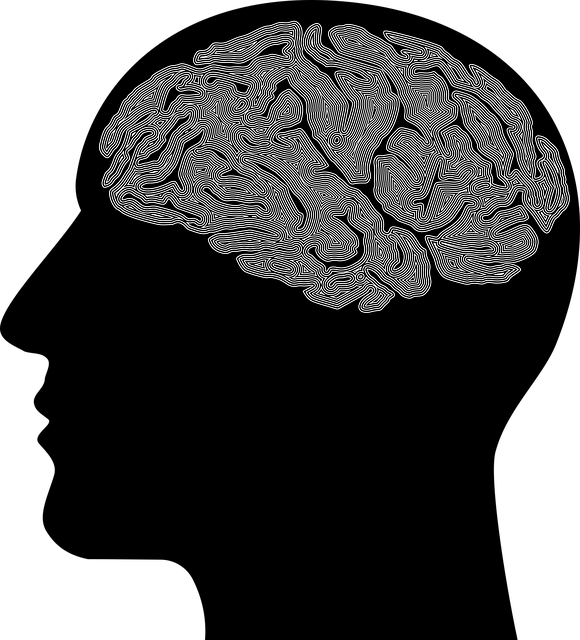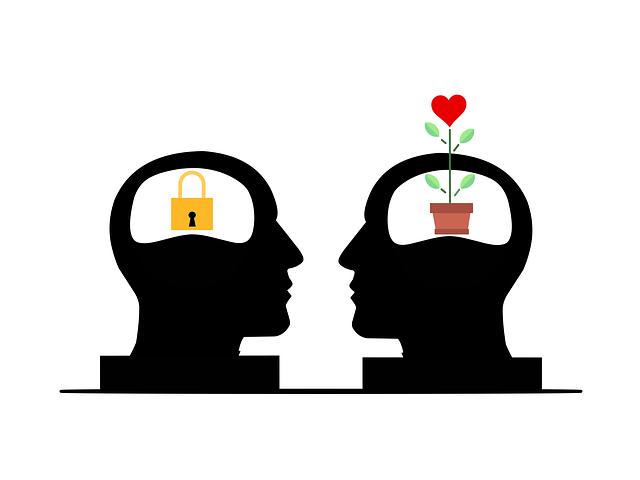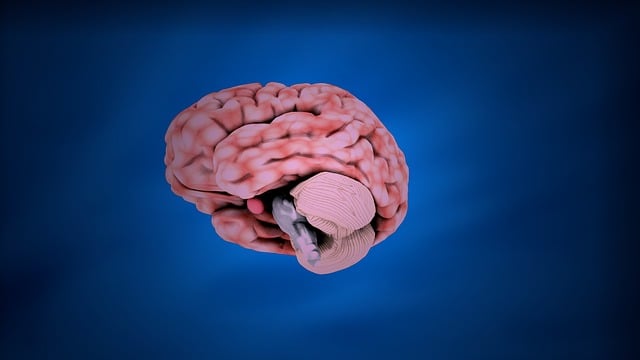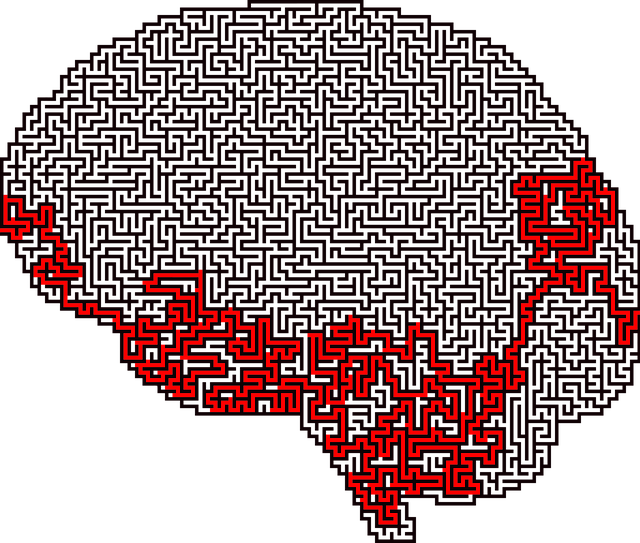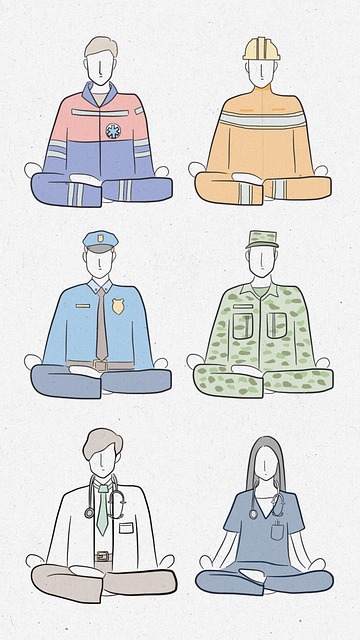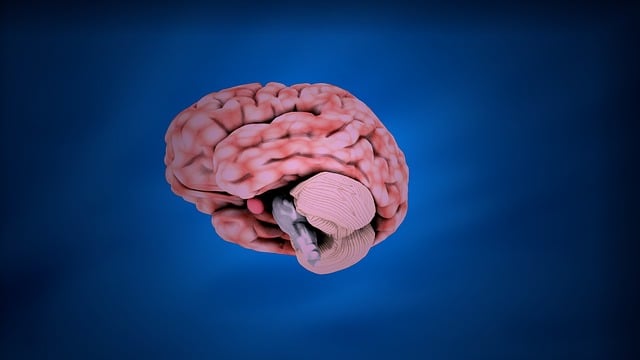In today's diverse healthcare landscape, cultural competency is vital for personalized care. Understanding cultural nuances influences treatment outcomes, notably in conditions like Broomfield Post-Traumatic Stress Disorder (PTSD) Therapy. Lacking cultural sensitivity can lead to misdiagnosis and harm patient trust. Training healthcare providers on self-care, mental health policy, and diverse practices ensures culturally sensitive care for physical and mental well-being. In Broomfield, Colorado, specialized training equips professionals to recognize biases, navigate complex cultural scenarios, and implement community outreach programs. A culturally sensitive approach in PTSD therapy respects diverse beliefs and communities, enhancing treatment effectiveness. Interactive workshops, multimedia resources, role-playing, and self-esteem exercises improve cultural competence for better patient outcomes, particularly in treating Broomfield PTSD Therapy.
Cultural competency training is an essential tool for healthcare providers, addressing the impact of cultural biases on patient care. This article explores these nuances, focusing on strategies to enhance services, especially in areas like Broomfield Post-Traumatic Stress Disorder (PTSD) therapy. We delve into the benefits of a sensitivity approach, effective training methods, and real-world applications through success stories from cultural competency programs. Understanding and embracing diverse cultures is key to improving patient outcomes and fostering better mental health treatment.
- Understanding Cultural Competency in Healthcare: A Need for Change
- The Impact of Cultural Biases on Patient Care and Mental Health Treatment
- Broomfield Post-Traumatic Stress Disorder (PTSD) Therapy: A Cultural Sensitivity Approach
- Effective Training Strategies to Enhance Cultural Competence Among Providers
- Real-World Applications: Success Stories from Cultural Competency Programs
Understanding Cultural Competency in Healthcare: A Need for Change

In today’s diverse healthcare landscape, cultural competency is no longer an optional skill but a necessity. It involves understanding and appreciating the cultural nuances of patients, families, and communities to deliver more personalized and effective care. This approach is especially critical in addressing issues like post-traumatic stress disorder (Broomfield Post-Traumatic Stress Disorder Therapy), where cultural sensitivity can significantly impact treatment outcomes. Many individuals from diverse backgrounds may have unique perspectives on health and wellness, influenced by their cultural traditions, beliefs, and experiences.
Healthcare providers who lack cultural competency risk misinterpreting these nuances, leading to potential harm and a breakdown in patient trust. For instance, what constitutes self-care and mental health practices varies across cultures, and what might be considered adaptive coping mechanisms in one culture could be viewed as unacceptable or even harmful in another. Therefore, integrating cultural competency training into healthcare curricula and ongoing professional development is vital. This includes education on Self-Care Routine Development for Better Mental Health, Mental Health Policy Analysis and Advocacy, and encouraging Self-Care Practices to support not only patients’ physical health but also their mental well-being.
The Impact of Cultural Biases on Patient Care and Mental Health Treatment

Cultural biases among healthcare providers can significantly impact patient care and mental health treatment outcomes, especially for individuals from diverse backgrounds. These biases, often unconscious, can lead to misdiagnoses or inadequate treatment plans. For instance, a study might reveal that certain cultural groups experience higher rates of undiagnosed or improperly treated Post-Traumatic Stress Disorder (PTSD) due to healthcare providers’ lack of understanding or sensitivity towards their unique experiences and healing practices.
In the context of Broomfield, Colorado, where cultural diversity is growing, Healthcare Provider Cultural Competency Training becomes a vital tool. This training equips professionals with the knowledge and skills to recognize and address these biases, ensuring that everyone receives effective care. Incorporating mindfulness meditation techniques, as part of such training, can further enhance providers’ ability to navigate complex cultural scenarios, leading to better patient outcomes. Additionally, Community Outreach Program Implementations focused on mental health awareness can complement this training by fostering stronger connections between healthcare services and diverse communities.
Broomfield Post-Traumatic Stress Disorder (PTSD) Therapy: A Cultural Sensitivity Approach

In addressing Broomfield Post-Traumatic Stress Disorder (PTSD) Therapy, a nuanced cultural sensitivity approach is paramount. Understanding the diverse cultural backgrounds and experiences of clients is essential for effective treatment. This involves recognizing and incorporating traditional healing practices, spiritual beliefs, and community support systems unique to various cultures. By adopting this approach, therapists in Broomfield can create a safe and inclusive environment that respects individual identity and promotes meaningful healing.
The integration of mental wellness coaching within cultural competency training equips practitioners with stress reduction methods tailored to diverse populations. This not only enhances the quality of care but also fosters deeper connections between healthcare providers and clients from different backgrounds. In light of these efforts, Broomfield PTSD therapy aims to support mental wellness development, ensuring that all individuals receive culturally responsive care that respects their inherent worth and promotes holistic well-being.
Effective Training Strategies to Enhance Cultural Competence Among Providers

Effective cultural competency training for healthcare providers involves a multi-faceted approach to ensure deep understanding and meaningful application. Interactive workshops, featuring case studies and role-playing scenarios, can facilitate learning about diverse cultural backgrounds, beliefs, and practices. Engaging in open discussions allows participants to share their own experiences and perspectives, fostering empathy and breaking down stereotypes. Incorporating multimedia resources, such as videos and virtual reality simulations, can also enhance learning by providing a more immersive experience, especially when addressing sensitive topics like Broomfield Post-Traumatic Stress Disorder (PTSD) Therapy.
Additionally, practical strategies like role-playing conflict resolution techniques and practicing coping skills development can empower providers to effectively navigate cultural differences in clinical settings. Encouraging self-esteem improvement through reflection exercises and feedback sessions enables healthcare professionals to build confidence in their ability to provide culturally sensitive care. These training methods, combined with ongoing support and opportunities for continued learning, contribute to the overall enhancement of cultural competence among providers.
Real-World Applications: Success Stories from Cultural Competency Programs

Cultural competency training has transformed healthcare delivery, with numerous success stories across various programs. One notable example is the implementation of specialized therapy programs in Broomfield, focusing on Post-Traumatic Stress Disorder (PTSD). These initiatives have shown remarkable results in improving patient outcomes and enhancing cultural understanding among healthcare providers. By incorporating evidence-based practices tailored to diverse cultural needs, therapists in Broomfield have successfully treated individuals from varied ethnic backgrounds, addressing specific trauma-related challenges they face.
The impact extends beyond PTSD treatment; these programs contribute to overall emotional well-being by teaching effective conflict resolution techniques and promoting emotional regulation strategies. This holistic approach not only aids in depression prevention but also fosters healthier relationships between patients and healthcare professionals, ensuring every individual receives care that respects their cultural background and addresses their unique psychological needs.
Cultural competency training is no longer a choice but an imperative for healthcare providers. By understanding and addressing cultural biases, as demonstrated in Broomfield Post-Traumatic Stress Disorder (PTSD) therapy models, we can significantly improve patient care outcomes. Effective training strategies, backed by real-world success stories from cultural competence programs, show that harnessing diversity enhances healing and fosters more inclusive healthcare environments. It’s time to embrace these approaches to ensure every patient receives the best possible care.
